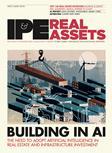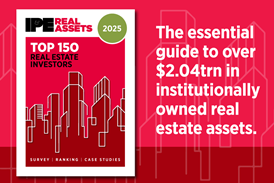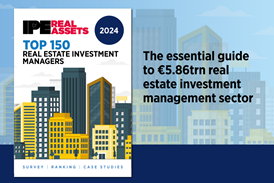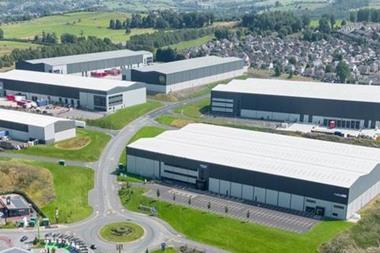Interest in alternative UK real estate has risen, according to a study by the Investment Property Forum ().
The What Constitutes Real Estate for Investment Purposes? A Review of Alternative Assets report, found that investors see ”modest” exposure to non-traditional assets, including infrastructure, as “widely acceptable” within a diversified real estate portfolio.
Rob Martin, director of research, Legal & General Property and chair of the IPF’s steering group that oversaw the report, said: “We see the increasing allocation of institutional capital to real estate sectors currently considered alternative as a structural trend.”
IPF said interest in a range of real asset types, including real estate, infrastructure and natural resources, is leading investors to rethink their definition of real estate and the role that it plays in a mixed asset portfolio.
UK institutional real estate portfolios have typically been focused on the retail, office and industrial property sectors.
However, investment beyond the main traditional commercial real estate sectors has grown markedly, IPF said. Between 2003 and 2013 residential and ‘other’ categories increased from 4.2% to 11.3% of the Investment Property Databank () universe.
IPF said the growth of investment in alternative real estate areas is ”not surprising, given the potential scale”. The UK’s private residential sector has a value five times larger than the conventional commercial real estate market. Residential property and student housing are two sub-sectors now seen as increasingly mainstream for investors.






